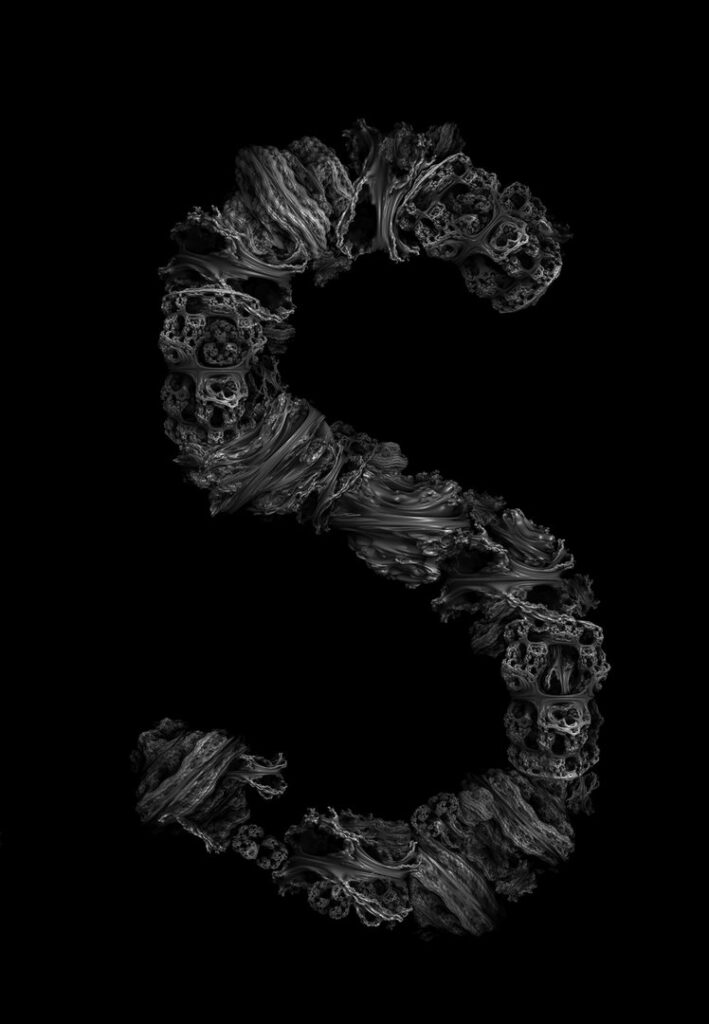-
Petroglyphs, Concrete Poetry and Graffiti
The term graffiti referred to the inscriptions, figure drawings, etc., found on the walls of ancient sepulchers or ruins, as in the Catacombs of Rome or at Pompeii. Usage of the word has evolved to include any graphics applied to surfaces in a manner that constitutes vandalism. The only known source of the Safaitic language,…
-
Golan Levin
Since the physical language workshop at MIT, Golan Levin has been at the forefront of programmatic explorations of typographic space. Interspersed with his purely visual explorations he sporadically returns to typographic explorations that usually involve text generated and manipulated in realtime. In Ursonography (2005: Jaap Blonk and Golan Levin) Levin built “a new audiovisual interpretation of…
-
Semantics of Interaction and Motion (Jason Lewis lecture)
Source Note The material and flow of this post is derived directly from a lecture by Jason Lewis of OBXLabs in his University of Concordia CART355 Typography class. October 28/08. Jason begins the lecture by stating: “If you are moving something: why? The why is connected to meaning…There is an intrinsic space for beauty, but…
-
1990: Robert Kendall’s It All Comes Down to _______
Kendall’s early DOS work ‘It all Comes Down ________’ is still (circa 2008) downloadable from his website, with the caveat that “the program will not run at speeds above 33Mhz; sorry, it was written a long time ago” In this contemporary era of dual core 2G laptops, Moore’s law has effectively sealed off Kendall’s creation…
-
Typographic Innovations: 1980’s onward
Source Note The material and flow of this post is derived directly from a lecture by Jason Lewis of OBXLabs in his University of Concordia Typography class. October 21/08. It charts a very broad course through typographic innovators who actively worked in both advertising and design prototyping from the earliest emergence of widescale digital typography.…
-
1982 : Eduardo Kac, Não!
Eduardo Kac like Melo e Castro and Augusto de Campos, was there at the birth of videopoem. His first work Não! was released in the same year as the de Campos digitalized ‘Pluvial…Fluvial”. Online versions of Kac’s work are available. Ticker tape parades of neologisms, letter growing into space, rhythmic motion. The seeds of vector…
-
1971: Alan Sondheim’s “4320”
Since 1970, Alan Sondheim has been playing with 3D. A visit to his website http://www.alansondheim.org/ –which is less website than a low-tech bulk online server-list of the contents of Sondheim’s eccentric yet consistent art-research output– reveals an astonishing array of diverse unsorted and unsearchable materials spanning decades. Sifting through the links is akin to searching…
-
1969: Lillian F. Schwartz & Ken Knowlton’s Observances
One of the pioneers of utilization of computers for creating a visual concrete poetry effect according to Funkhouser in Prehistoric Digital Poetry is Lillian F. Schwartz. Schwartz is typical of an early innovator, she is primarily an explorative artist who made contributions to vision theory, many documentary films as well as creating this poetic work.…
-
1969: Jackson Mac Low : PFR-3 Poems
Jackson Mac Low is a poet who worked like a computer before computers, and after computers arrived began to use them to implement algorithmic methods he had already been doing by hand. From 1962-1968, he composed 22 Light Poems [2] without a computer. The poems are all combinatorial and loosely composed upon algorithmic method, sometimes…
-
1968: Cybernetic Serendipidity
Talks that began in 1965 culminated in an exhibit entitled “Computers and the Arts” at the Institute of Contemporary Arts, London in 1968 with the intention of dealing broadly with the demonstration of how man can use the computer and new technology to extend his creativity and inventiveness (p.3) The catalogue opens with an essay…
